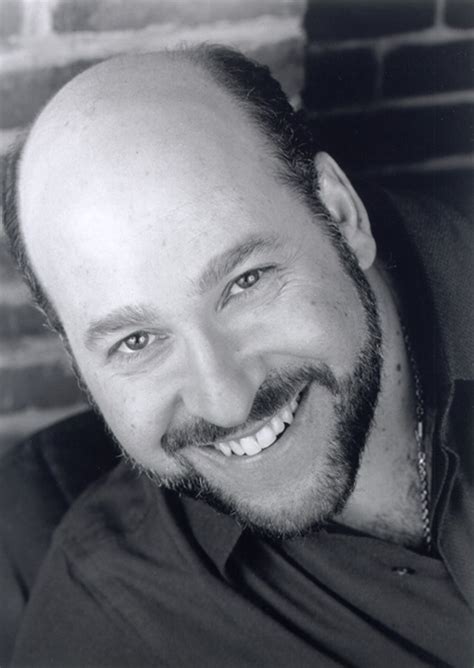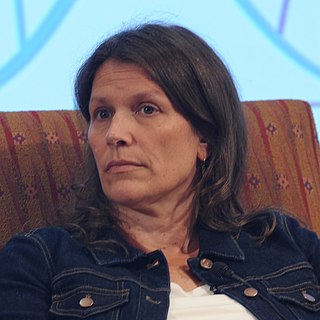A Quote by Ellen Stofan
Every time I give a talk, I ask the audience - especially if it's kids - how many want to go to Mars. At least half raise their hands. I don't think there's going to be any shortage of volunteers.
Related Quotes
Are we going to take the hands of the federal government completely off any effort to adjust the growing of national crops, and go right straight back to the old principle that every farmer is a lord of his own farm and can do anything he wants, raise anything, any old time, in any quantity, and sell any time he wants?
When you have so many projects to nurture, one or two get real excited and raise their hands. The reaction from it tells when it's time and where to go. I usually have about a half a dozen titles in development; researchers researching and people doing cover. I'm exploring musical vocabularies I want to explore, different genres, and constantly reading things.
At different times in my life, I've made grand statements like, 'I want these many kids, and I want them by this age.' I think, with every year that goes by, I accept that I don't know when it's going to happen or how it's going to happen. I'll just take it one day at a time, and when I'm ready, I'll be ready. It'll reveal itself, I guess.
I go out on publicity tours for my books, and, you know, Latinos, they bring everybody in the family to everything, even little kids. So I always ask the kids, 'Who wants to be the first Latino President?' It used to be no hands went up, or maybe one or two. Now, with Obama, many of the little hands go up. It will happen in my lifetime.
The only answer that has any chance against against the information saturation kids face these days is to talk openly with kids, early enough and often enough and unflinchingly enough that you set the precedent of being the safe place they can go to ask their difficult questions. It has to happen starting when they're 2 or 3, and they ask you where babies come from and instead of freaking out and deflecting, you give facts commensurate with their ability to understand.
I think my career will end too early for me to go to Mars, though I might be involved in preparing the next generation to go. I'd love to explore Mars, but, ultimately, it's kind of a crappy planet. The thing is, Mars One people would never go outside without a spacesuit ever again. You're going to live in a tin can. Space stations are noisy; it's like living inside a computer with the fan on all the time. You're never going to smell grass or trees. It's just never going to be anything like Earth. You're never going to swim. You're giving up so much.
Sometimes kids ask how I've been able to write so many books. The answer is simple: one word at a time. Which is another good lesson, I think. You don't have to do everything at once. You don't have to know how every story is going to end. You just have to take that next step, look for that next idea, write that next word.
I think as a performer, it can be really great to stand on stage, especially when you have more time, but I do think about the specific people in the audience, how it's hard for them to get up and go to the bathroom, how they chose not to do other things that night and have turned off their phones and everything. So for that reason, I think it's necessary to mix it up and talk to the audience.
It's not really about asking for the raise but knowing and having faith that the system will actually give you the right raises as you go along. And that, I think, might be one of the additional superpowers that, quite frankly, women who don't ask for raises have. Because that's good karma. It'll come back. Because somebody's going to know: 'That's the kind of person that I want to trust. That's the kind of person that I want to really give more responsibility to.'
When I talk about how we're going to pay for education, how we're going to invest in infrastructure, how we're going to get the cost of prescription drugs down, and a lot of the other issues that people talk to me about all the time, I've made it very clear we are going where the money is. We are going to ask the wealthy and corporations to pay their fair share.
Artists raise their kids differently. We communicate to the point where we probably annoy our children. We have art around the house, we have books, we go to plays, we talk. Our focus is art and painting and dress-up and singing. It's what we love. So I think you can see how artists in some way raise other artists.





































